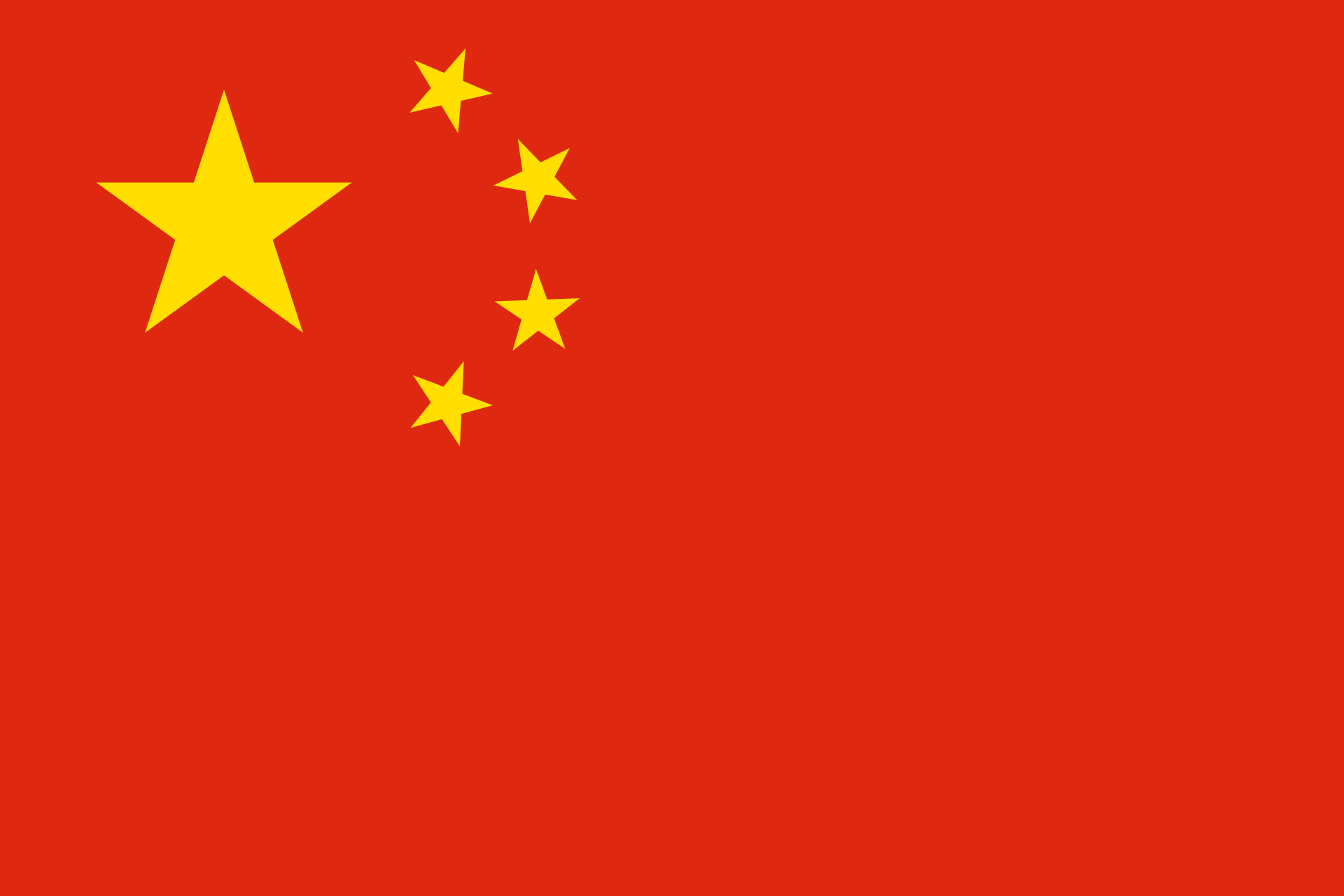The Arab Monopoly
From the seventh century, Muslim Arab armies were a new and powerful force in Asia Minor. Whilst the inhabitants of the Arabian Peninsula had always been involved with trade, the new Muslim empire came to dominate it, especially the Spice Routes that skirted ports from southern China to the Red Sea. The travels of Ibn Battuta in the fourteenth century illustrate the possibilities of travel and cultural exchange in this period.




